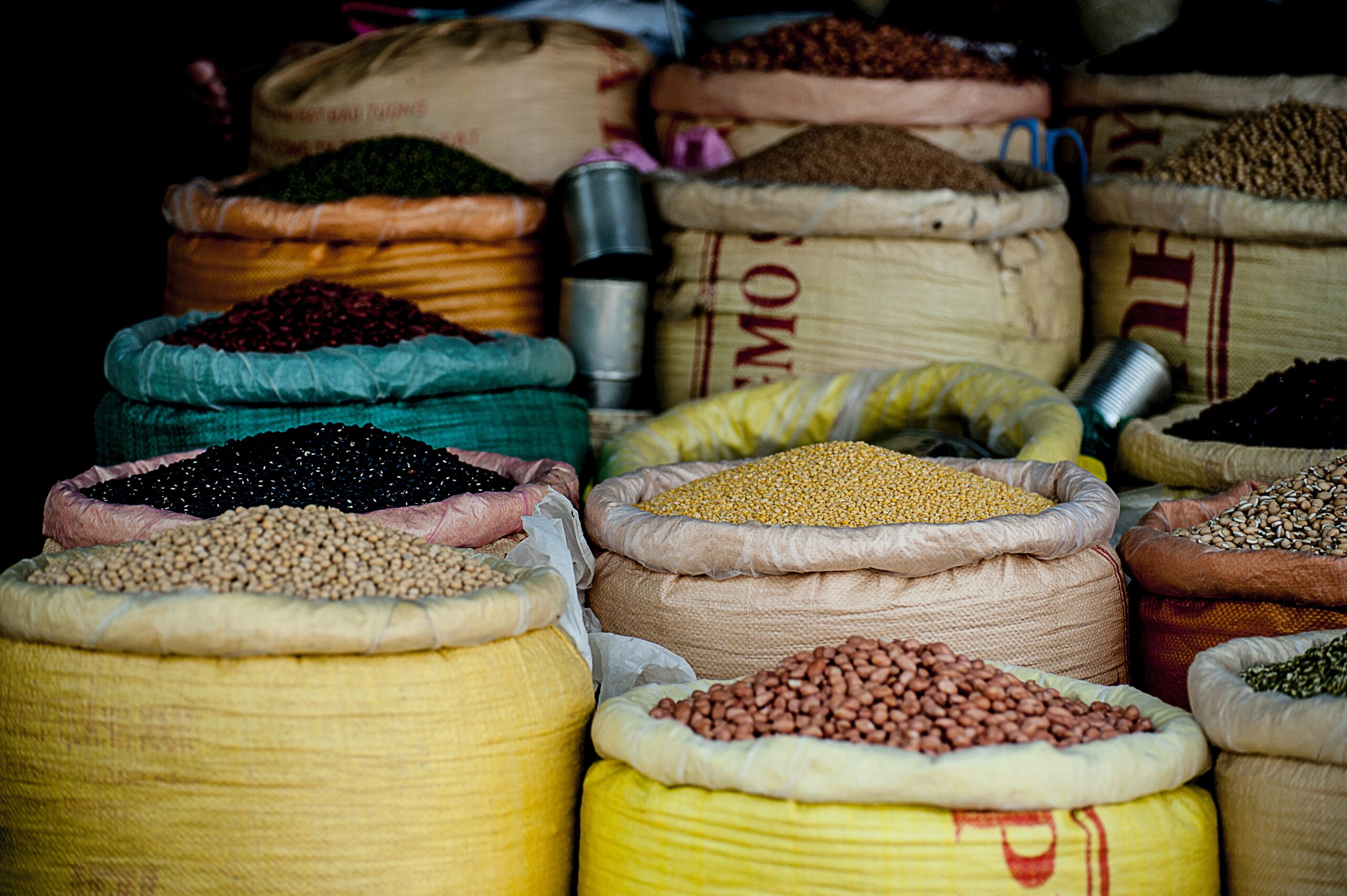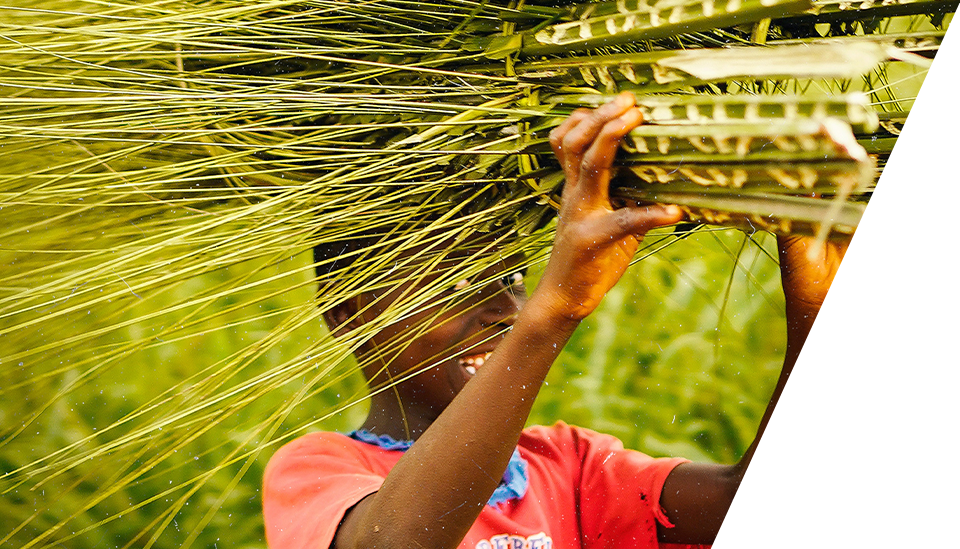
CODEX60: Driving Progress Towards the 2030 Agenda and SDGs
As the world prepares for more sustainable agricultural and food systems, the Grain and Feed Trade Association (Gafta) and the Global Pulse Confederation (GPC) members are celebrating Codex@60 and its important contribution to the achievement of the 2030 Agenda and Sustainable Development Goals through its standards setting work.

Gafta and GPC members ship millions of tons of agricultural commodities around the world daily. Food must move from places of abundance to places of scarcity. Member companies of the international grain and pulses trade work daily to implement new sustainable practices to reduce our impact on the planet and protect people. As international trade grows, alignment of international standards such as Codex becomes even more important to facilitate trade and to ensure global food security.
The UN FSS and Codex@60 is a wonderful occasion to remind ourselves of all the positives that Codex has brought to our trade over the last 60 years, not only in the field of pesticide residues, contaminants, and mycotoxins but in setting standards for wheat, corn, rice, oats, pulses, spices and many more. Codex is the only international body that sets limits on MRLs which is based on science and takes a risk-based approach, which gives producers and consumers the confidence that its standards are transparent, reliable, and predictable, said Jean Raymond Senger, Gafta’s President.
Codex’s many Codes of Practice prevent and reduce mycotoxins and contaminants and these, coupled with its guidelines, have helped to facilitate the international trade of agricultural products and, most importantly, protected the health of consumers. Maximising the use of crop groupings to increase the number of MRLs for minor crops is also important for the developing world and should be encouraged.
The agricultural commodity trade would like to highlight the role of the Codex Alimentarius in facilitating trade to achieve food security. Already, one in six people is fed by international trade in agricultural commodities. The cornerstone of Codex’s success is the fact that science forms the basis of its decision-making. Codex has an important role to play in contributing to achieving more sustainable food systems through its mandate to protect the consumer and ensure fair trade. This ensures food safety, leading to better nutrition, less food waste and greater food security.

Commenting on the significance of Codex in the context of food security and sustainability, Vijay Iyengar, GPC President said: “Codex is highly important for GPC members and the global pulses trade. Historically, pulses have generally been traded on the basis of visual standards, which can result in difficult-to-resolve disputes. Setting globally acceptable standards can lend comfort to MNCS and other organizations, such as pulse ingredient users, and allow them to enter the global pulse trade based on well-defined specifications and standards recognized by all.”
The work of Codex continues. There are challenges with growing demands on Codex, the need for more sustainable funding and, most importantly, a growing need for scientific experts appointed by member countries to meet the high demand for assessing active substances and MRLs. Gafta and GPC encourage our members to reach out to their governments and highlight the importance of harmonisation of standards and encourage the use of Codex standards.



